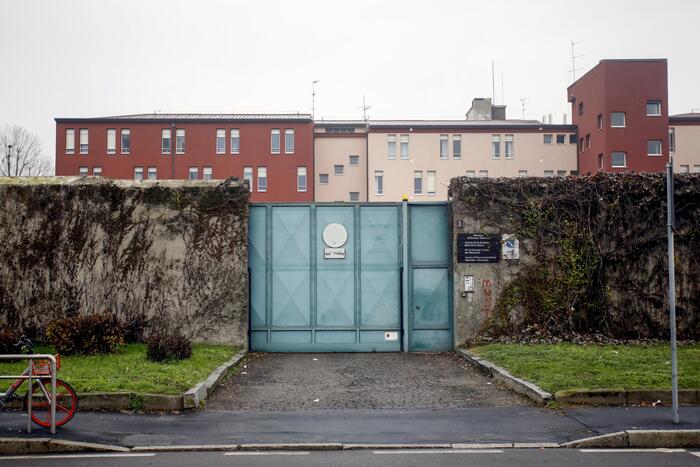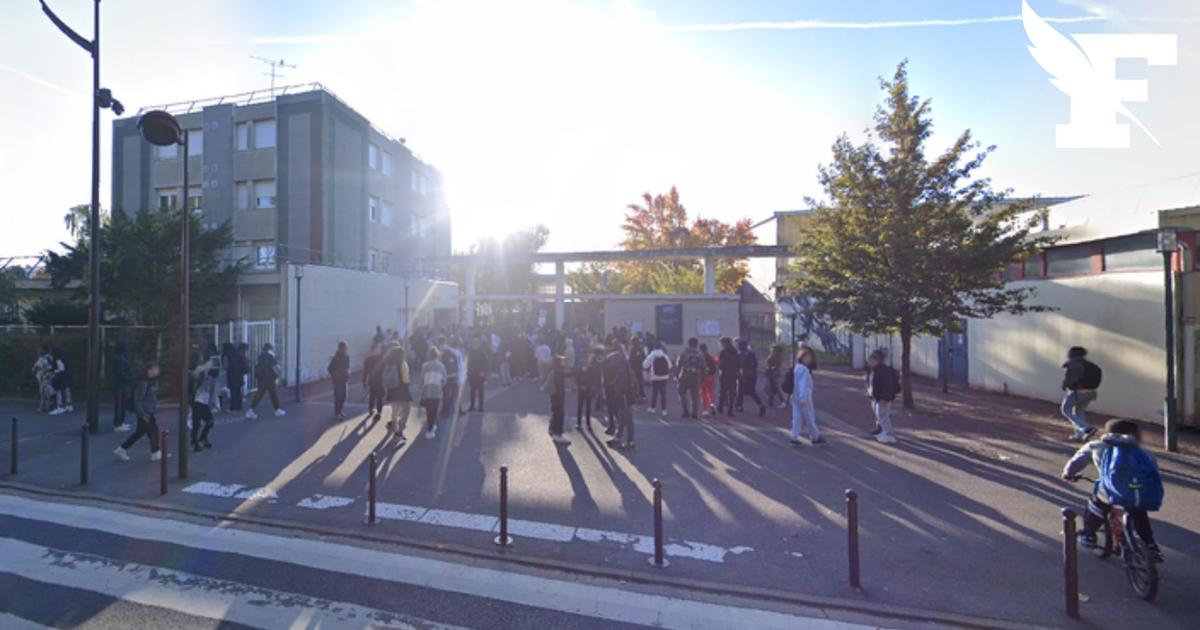Parliament finally adopted Tuesday, February 16 evening, by a final Senate vote, the expected reform but criticized the juvenile criminal justice, which sets up a procedure of judgment in two stages, interrupted by a period of
'placing to the educational test ”
.
The text had been voted in the afternoon by the deputies.
As in the National Assembly, it was approved by the upper house, dominated by the right-wing opposition, without the voices of the left.
According to a report by deputy Jean Terlier (LREM),
“delinquency dealt with by the prosecution concerned 233,000 minors in 2018, or 3.5% of the population aged 10 to 17”
.
Half of the juvenile offenders were 16 or 17 years old.
Read also: The reform of juvenile justice creates a stir among politicians and magistrates
Deputies and senators came to an agreement in a joint committee to postpone the entry into force of the reform from March 31 to September 30, as the Senate wished, in order to allow time for the various actors to organize themselves.
It is
"a reform expected by all actors in juvenile justice
(...)
but it is also a transformation of their professional practice which is a source of many fears"
, underlined the rapporteur for the Senate Agnès Canayer (LR).
"Rest assured that this additional time will be well used to prepare the actors of juvenile justice and ensure that they appropriate this text"
, said Minister of Justice Eric Dupond-Moretti, praising a code that “Strengthens the primacy of education” and “clear and effective juvenile justice”.
Reduce the use of pre-trial detention
The bill consists of the ratification of an ordinance of September 2019 that the government had been empowered to take by the Programming and Reform Law for Justice.
The oppositions criticized a method
"not very respectful"
of Parliament and deplored an
"insufficient consultation"
with the actors of the criminal justice of minors.
The code of criminal justice for minors that it organizes is intended to replace the founding ordinance of 1945 devoted to juvenile delinquency, a text that has become
“illegible”
and that
“it was necessary to modernize”
, according to the minister.
It mainly aims to speed up judgments, via a two-step procedure, with a period of
“educational probation”
between the pronouncement of guilt and that of the sanction.
The first hearing must be held within a period of three months at the end of the investigation, against 18 months currently on average according to the Chancellery, and the second, for the pronouncement of the sanction, within a period of between six and nine months after the first judgment.
The gap will be used to subject the minor to a period of
“educational testing”
.
A
“single hearing”
will remain possible for serious facts and for minors who have already been the subject of previous proceedings.
To read also: Maurice Berger: "This reform on the sly risks worsening juvenile delinquency"
One of the objectives of the reform is to reduce the use of pre-trial detention, which today concerns 80% of imprisoned minors.
But for the left, the reform gives too much importance to the
"repressive"
, to the detriment of
"the educational"
.
In a last stand, the LFI deputies defended a final motion of rejection against a reform according to them
"a technocratic vision of justice based on the management of flows"
.
The magistrates' unions also denounce
"a glaring budgetary shortage"
to which
"are added increasingly repressive social and judicial policies preventing the necessary specific care of minors"
.
"Yes, we are going faster
(...)
, but not always in the interest of the child but rather in that of a justice limited in its means"
, declared the senator Cécile Cukierman (CRCE with communist majority).
The juvenile criminal justice code also provides for a presumption of criminal irresponsibility before the age of 13.
Concerning the notion of
“discernment”
, the parliamentarians adopted the definition proposed by the government according to which the discernment supposes that the minor
“understood and wanted his act”
and
“is able to understand the meaning of the criminal procedure”
.








